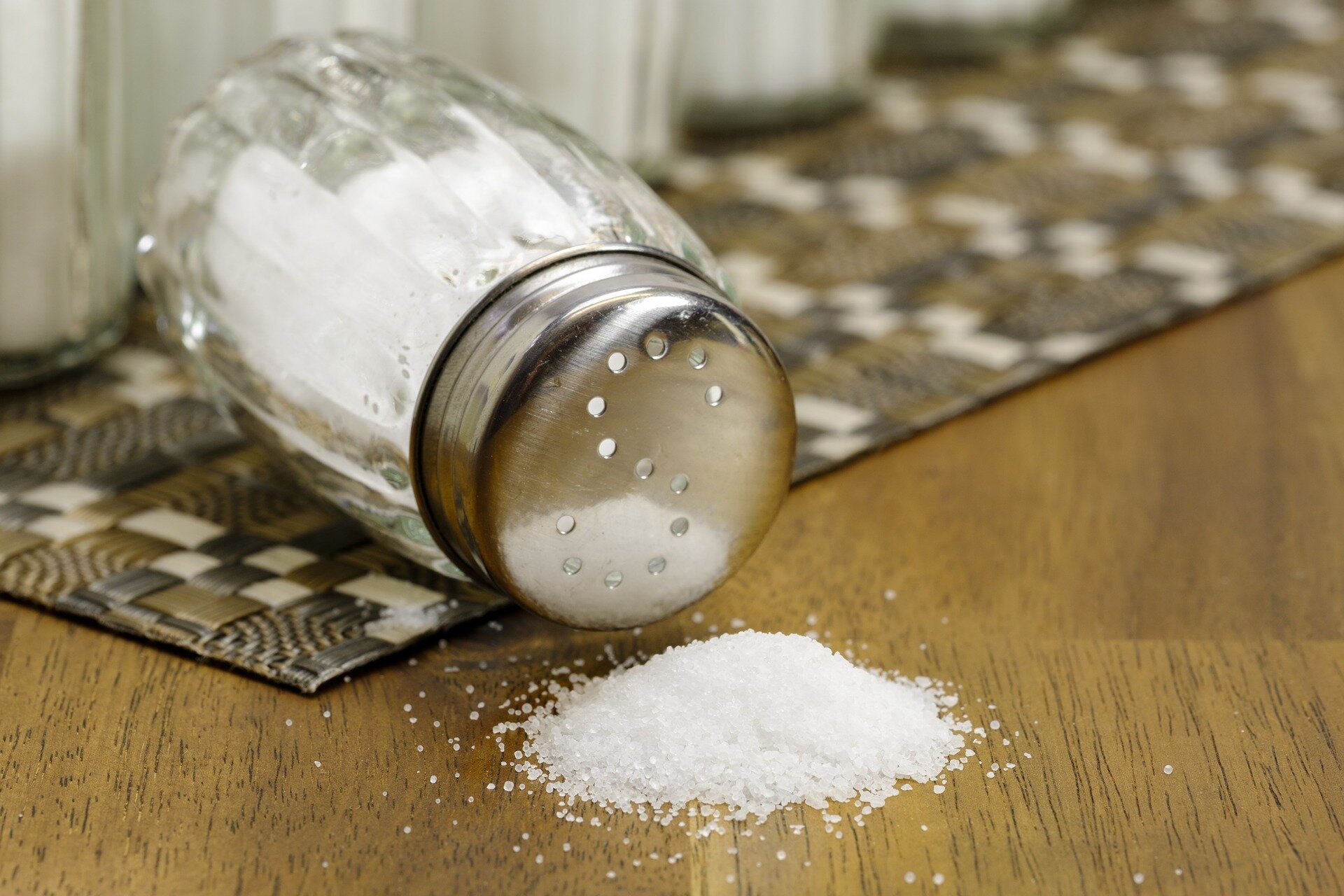

A recent large-scale clinical trial conducted in rural northern China found that potassium supplements added to salt can significantly lower the risks of recurrent strokes and mortality rates. These results stem from an analysis of stroke patients within the larger Salt Substitute and Stroke Study (SSaSS), an international research effort based in China.
Stroke has emerged as one of the leading causes of death and disability, particularly in low- and middle-income nations. The frequency of repeated strokes remains a pressing issue, particularly due to high sodium and inadequate potassium consumption—major risk factors prevalent in northern China. Stroke recurrence rates in China surpass global benchmarks, with approximately 17% within the first year and 41% over a five-year period.
The SSaSS trial encompassed 600 villages and included a total of 20,995 participants across rural China. Prior studies involved substituting regular salt with a combination of 75% sodium chloride and 25% potassium chloride.
The research titled “Salt Substitution and Recurrent Stroke and Death: A Randomized Clinical Trial,” which was published in JAMA Cardiology, focused on data from 15,249 individuals who had previously suffered a stroke.
This investigation utilized data from the original study that monitored various outcomes, such as blood pressure, instances of stroke recurrence, mortality rates, and safety measures including the risk of hyperkalemia. The levels of sodium and potassium excreted in urine were also monitored.
During the trial, there was a 14% decrease in recurrent strokes among those using the 25% potassium substitute compared to the control group, a finding consistent with outcomes from the complete cohort investigation. The average systolic blood pressure during the follow-up period was notably lower in the salt substitute group compared to the participants using regular salt. Overall, 2,735 recurrent stroke incidents were documented, including 691 fatalities and 2,044 nonfatal occurrences.
Notably, there was a 30% relative reduction in hemorrhagic stroke events, and stroke-related deaths decreased by 21%. Importantly, no significant differences in hyperkalemia risk were identified between the two groups.
The study’s findings highlight that reducing salt intake with a potassium-enriched substitute is a safe and cost-effective dietary strategy to mitigate the risks of recurrent strokes and mortality among stroke survivors. The research team advocates for the broader adoption of these salt substitutes, especially in areas where sodium consumption is high and access to preventive healthcare is limited.
For further details:
Xiong Ding et al, Salt Substitution and Recurrent Stroke and Death, JAMA Cardiology (2025). DOI: 10.1001/jamacardio.2024.5417
© 2025 Science X Network
Citation:
Potassium-enriched salt shows potential in reducing recurrent stroke risk in clinical trial (2025, February 10)
retrieved 11 February 2025
from https://medicalxpress.com/news/2025-02-potassium-enriched-salt-recurrent-clinical.html
This document is protected by copyright. Except for fair use for personal study or research, no part may be reproduced without prior written consent. The content is provided solely for informational purposes.









